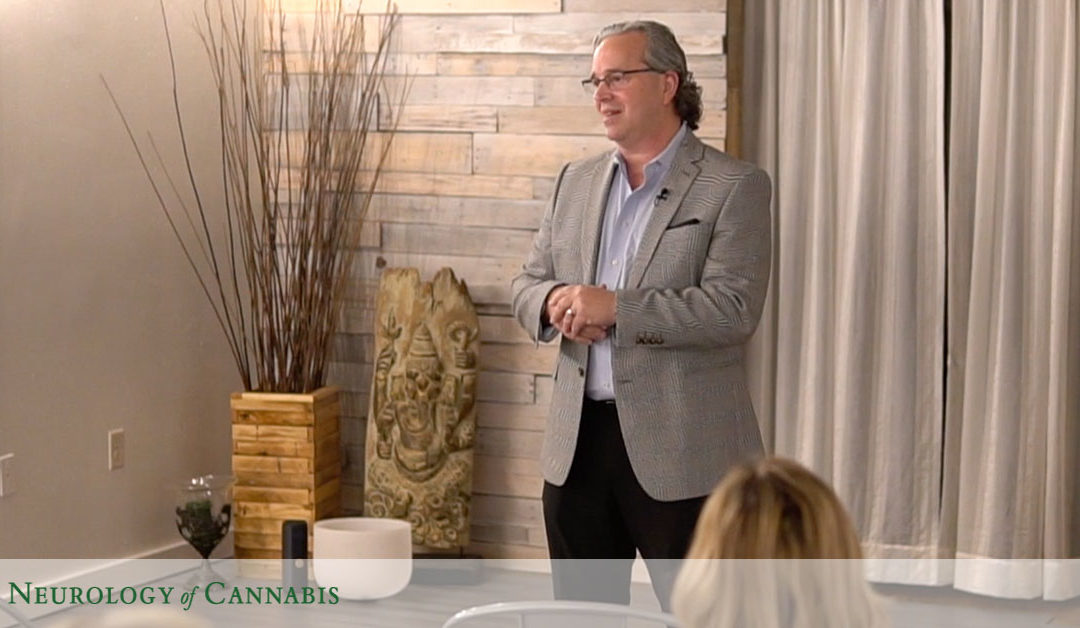Autism is a neuro-developmental condition that affects the way an individual interacts with the world around them.
Affecting 1 out of every 68 people in the United States, autism is prolific and needs solutions. Two of the most debilitating results of the condition are extreme anxiety and seizures, and studies show that CBD has a positive effect on both of these symptoms.
Typical Signs of Autism
- Delayed development of language and communication skills
- Impaired ability to interpret non-verbal gestures
- Highly repetitive movement
- Limited interest in personal interaction
Those with classic autism experience language delays, exhibit unusual behavior, and have educational challenges. Individuals with Asperger Syndrome, a less severe form of autism, generally experience social anxiety and exhibit some unconventional behavior, but do not have developmental issues in regards to intellect or language. The least severe form of autism, Pervasive Developmental Disorder (PDD), is characterized by mild to moderate social and communication challenges.
CBD and Autism
The body’s endocannabinoid system naturally responds to the endogenous (internal) cannabinoids it produces. However, this system is also proficient in responding to both CBD and THC introduced as a treatment.
CBD has been studied extensively as a remedy for anxiety, which seems to be inherent in most autism patients. While experts aren’t exactly sure why anxiety levels are so high, they do cite the inability to communicate emotions effectively as a likely culprit. Many patients deal with this frustration by acting out, often physically – and sometimes violently.
While there are anti-anxiety drugs on the market, they have been deemed unsafe for children. In contrast, CBD has been tested on children to determine safety as well as effectiveness in treating anxiety. A recent study found CBD reduced anxiety, improved communication abilities, decreased disruptive behavior, and lowered stress. All of these results point to children (and adults) achieving more normalcy in their communication and interactions.
Although promising, reports of minimal adverse reactions included sleep disturbances, irritability, and loss of appetite.
The Epilepsy – Autism Connection
One of the most common neurological complications of autism is seizures, as children with autism have a higher chance of suffering from epilepsy, although not all do.
Seizures are the result of inconsistent electrical brain activity, which can cause uncontrollable physical movements or alterations in consciousness. Pharmaceutical anticonvulsants slow down this activity in the brain, but in severe cases, patients may require much higher doses.
CBD has shown to be effective in the treatment of children who have epilepsy and autism. The Journal of Epilepsy Research reported that using a 20:1 (CBD:THC Tincture) and with a maximum dosage of 20mg/kg/day, CBD a day was effective in reducing symptoms when used together with other conventional medications.
Results of this study also included:
- Behavioral outbreaks were “much improved” or “very much improved” in 61% of patients.
- Anxiety and communication issues were “much improved” or “very much improved” in 39% and 47% of respondents, respectively.
- Disruptive behaviors were reduced by 29%
Whether searching for an autism solution in children or adults, early studies seem to indicate that CBD, along with very small amounts of THC, is a natural and effective treatment choice. To explore this option more thoroughly, contact Dr. Daniel P. Stein in Sarasota for an appointment.
As the Owner of Neurology of Cannabis, Dr. Stein will assist you in determining your medical qualification and in obtaining your medical marijuana card. With this card, you will be eligible to procure CBD from a certified dispensary.

